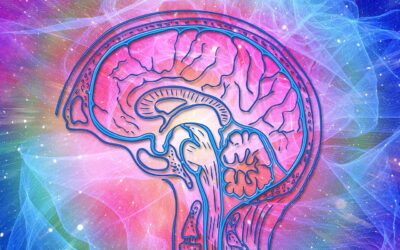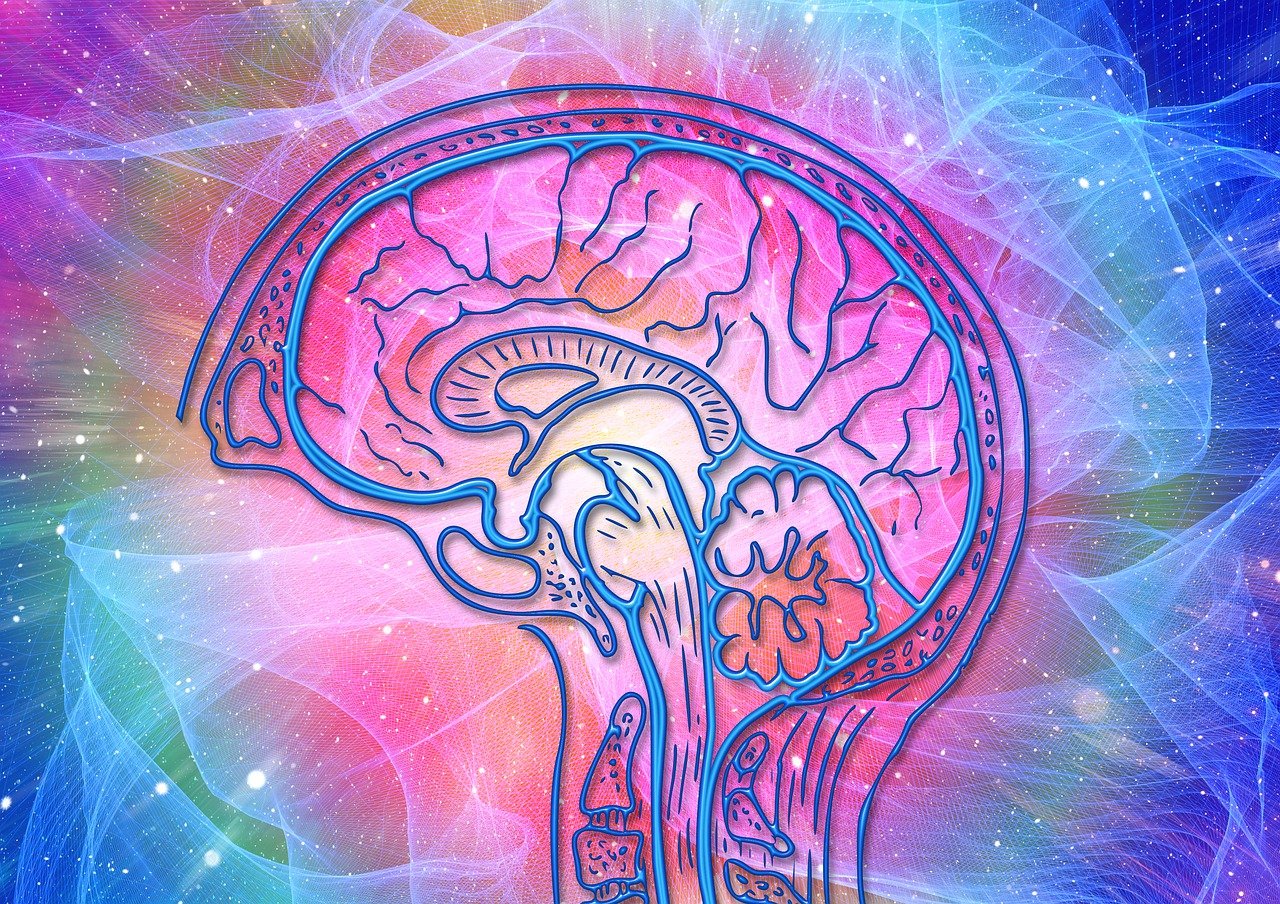AI Ethics in Action: When Algorithms Face Moral Dilemmas

As artificial intelligence (AI) systems become more advanced and autonomous, they increasingly encounter situations that require ethical decision-making. These moral dilemmas challenge our understanding of ethics and force us to consider how we can imbue machines with human values.
The Trolley Problem: From Philosophy to Reality
The classic thought experiment known as the “trolley problem” has moved from philosophy classrooms to AI labs. In this scenario, a runaway trolley is headed towards five people. The only way to save them is to divert the trolley to another track where it will kill one person. What’s the right thing to do?
For self-driving cars, this is not just a theoretical question. These vehicles must be programmed to make split-second decisions that could involve choosing between different harmful outcomes. How should they prioritize the safety of passengers versus pedestrians? Should they consider factors like age or number of people at risk?
Healthcare Triage: When AI Decides Who Gets Treatment
In healthcare, AI systems are being used to assist in triage and resource allocation. During crises, these systems might need to decide which patients receive immediate care based on factors like age, health condition, and likelihood of survival.
This raises challenging ethical questions. Should an AI prioritize saving the most lives possible, or give everyone an equal chance regardless of their condition? How do we ensure these systems don’t perpetuate existing healthcare disparities?
Predictive Policing: Balancing Crime Prevention and Civil Liberties
Law enforcement agencies are increasingly using AI for predictive policing – using data to predict where crimes are likely to occur or who might commit them. While this could potentially prevent crimes, it also raises serious ethical concerns.
These systems risk reinforcing existing biases in the criminal justice system. If an AI system flags certain neighborhoods or demographics as “high risk,” it could lead to over-policing of already marginalized communities. How do we balance the goal of crime prevention with protecting civil liberties and ensuring fair treatment?
Content Moderation: Free Speech vs. Harmful Content
Social media platforms use AI to moderate content, aiming to remove harmful material while preserving free speech. But drawing this line is often challenging, even for humans.
An AI content moderator must grapple with complex contextual and cultural factors. Should it err on the side of caution and risk censoring legitimate speech, or prioritize openness at the risk of allowing harmful content to spread? How should it handle political speech or artistic expression that pushes boundaries?
Financial Algorithms: Fairness in Lending
In the financial sector, AI systems are used to make lending decisions. These algorithms analyze vast amounts of data to assess creditworthiness, potentially making the process more efficient and objective.
However, if these systems are trained on historical data, they risk perpetuating past discriminatory practices. An AI might deny loans to certain groups not because of their actual creditworthiness, but because of historical patterns of discrimination. How can we ensure these systems promote fairness while still making sound financial decisions?
Working through the Ethical Maze
Addressing these ethical dilemmas requires a multi-faceted approach:
- Diverse Development Teams: Ensuring AI systems are developed by diverse teams can help identify potential biases and ethical issues from multiple perspectives.
- Ethical Frameworks: Developing clear ethical guidelines for AI systems, while recognizing that these may need to be context-specific and adaptable.
- Transparency: Making AI decision-making processes as transparent as possible, allowing for scrutiny and accountability.
- Human Oversight: Implementing human oversight for critical decisions, recognizing that some ethical judgments may be too complex to fully delegate to AI.
- Ongoing Monitoring and Adjustment: Regularly assessing the real-world impacts of AI systems and adjusting them as needed.
The Road Ahead
As AI systems become more advanced, the ethical challenges they pose will grow increasingly complex. While clear-cut answers may not always be available, addressing these questions now allows us to work toward creating AI systems that align with human values and ethical standards.
The future of AI ethics is not just about limiting what machines can do—it’s about intentionally designing AI systems to act ethically on their own. This challenge offers a chance not only for technological progress but also for a deeper exploration of ethics and what it means to make moral choices.
In this changing ethical environment, continuous conversation between technologists, ethicists, policymakers, and the public will be essential. By tackling these challenges directly, we can aim to create AI systems that not only avoid harm but also actively promote a more just and ethical society.









